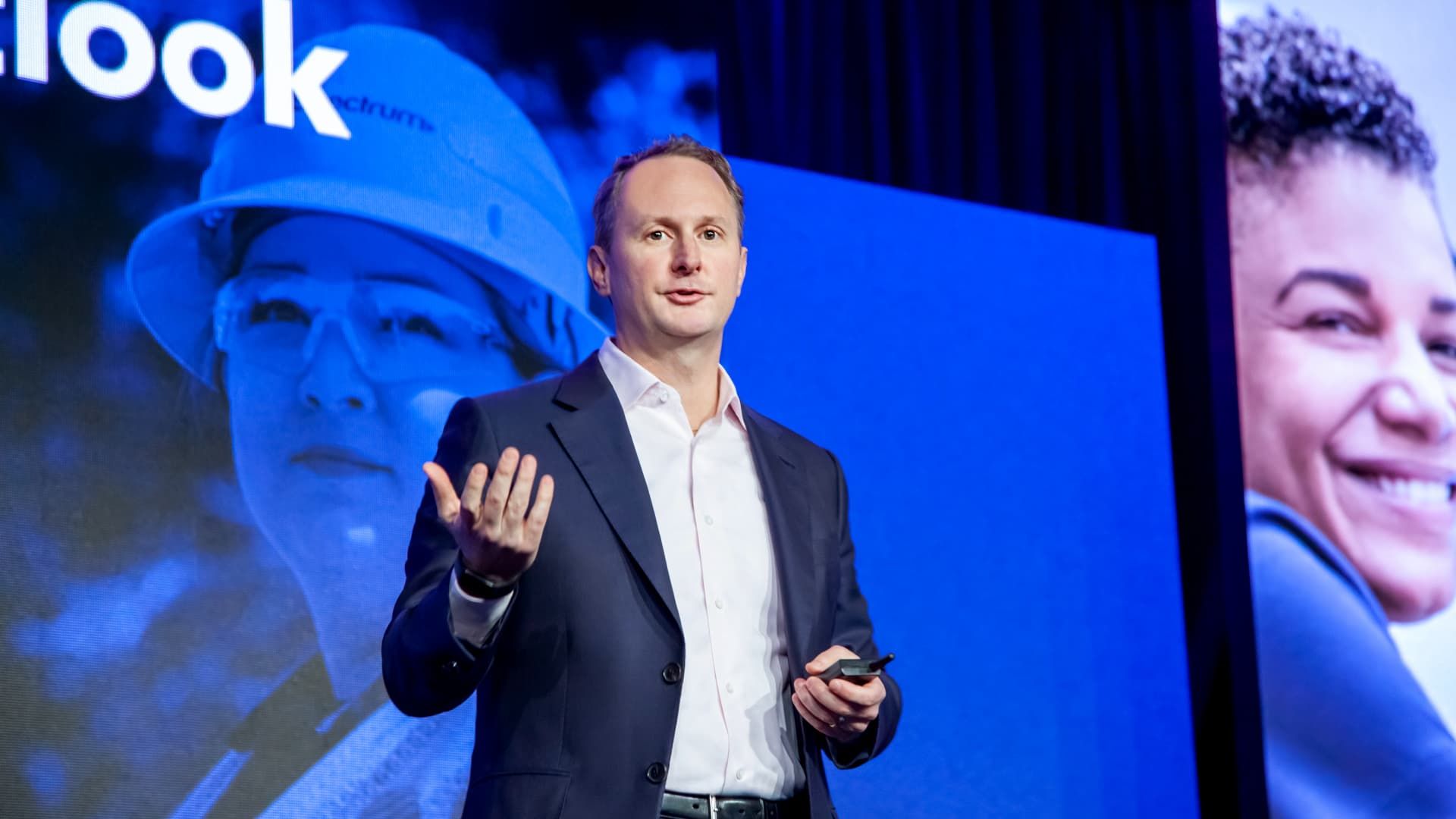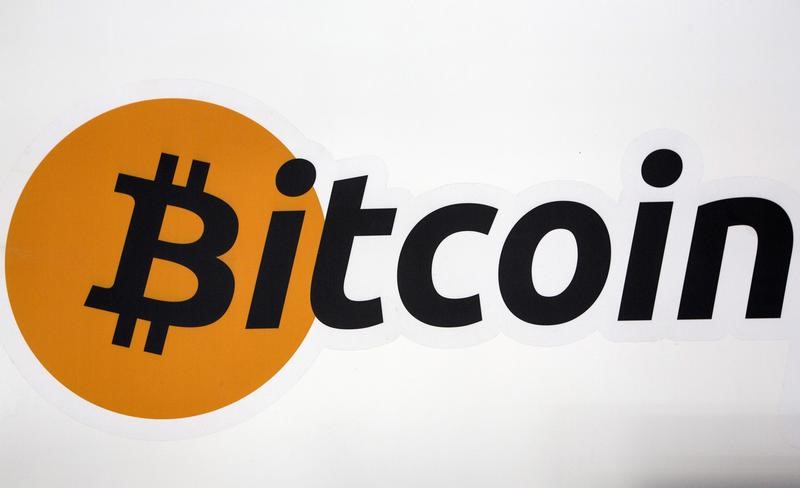Christopher L. Winfrey, CEO of Charter Communications.
Courtesy: Charter Communications
Letter Communications CEO Chris Winfrey said he wants customers to think about reliability and credibility when they think about their cable and broadband provider.
The cable giant told CNBC it will unveil a number of changes on Monday to reinforce that goal, including launching new packages and pricing, increasing internet speeds, offering credits for service outages and promising improved reliability for customers.
Charter, which offers broadband, cable TV and mobile services and is known to customers under the Spectrum name, said it is also trying to make the company more accessible and eliminate long-standing negative connotations around cable companies by announcing Spectrum's new “first-of-its-kind customer commitment,” dubbed “Life Unlimited.”
The launch comes as Charter and its industry peers grapple with several trends: slowing broadband customer growth, continued defections from cable TV bundles and a young but rapidly expanding mobile business.
“It's hard to be loved when you're providing a fundamental service for the home, which is physical infrastructure that costs upwards of $100 a month,” Winfrey said in an interview with CNBC. “And to the extent that there's a problem, sometimes someone has to come into your home… the same way you would get an electrician or a plumber.”
The first step to changing a less favorable consumer view is to “price and package products that create more value than can be replicated anywhere else in the market,” he said.
Spectrum said it will charge just $30 a month for its 500Mbps internet plan, or $40 a month for 1GB service, when either is bundled with two mobile lines or cable TV. The company is also increasing basic internet speeds for current customers at no additional cost.
The company also said it plans to be upfront about costs. Under its new plan, taxes and fees are included, there are no annual contracts and prices are guaranteed for up to three years, it said. Charter even eliminated the 99 cents it had added to most Spectrum prices in the past.
Additionally, Spectrum has pledged to provide automatic credits to customers when the company's customer service fails to deliver on its promises or for internet outages that are outside the customer's control but are due to a company issue and last more than two hours. Service issues such as those caused by weather, natural disasters or power outages do not count.
Life Unlimited, a new platform for Spectrum's Internet, mobile and TV services, will launch in all 41 states this week, the company said.
“We wanted to make a strong statement about our commitment and our capabilities,” Winfrey said. “We also wanted to acknowledge that we are not perfect and that we are putting pressure on ourselves, concrete pressure, to make sure that we can be a better service provider every month and every year from now on.”
Pricing power
The Charter Communications logo is displayed on a smartphone.
Soup Images | Lightrocket | Getty Images
The announced changes are some of Charter's biggest moves since Winfrey took the helm as CEO in December 2022.
She succeeded Tom Rutledge, who held the post for a decade and built a relatively small cable operator into the second-largest cable company in the U.S. through the acquisitions of Time Warner Cable and Bright House Networks in 2016. Winfrey was CFO at the time and spearheaded the mergers.
Winfrey recalled the various investments and advances that cable companies had made over the years: specifically in broadband, but also in the pay-TV package and in the fixed and mobile telephone businesses.
“Despite all the value the industry has provided over the years and the investments in service and reliability we've made, we haven't always gotten all the credit we deserve, and in some cases we got it because we could have done things better,” Winfrey said.
He took over the top job at a time when it was clear that the cable TV package was unlikely to return to growth.
Winfrey had been a low-key, little-known executive in the media industry, but he started out as a tough guy.
At an investor day in December 2022, Charter announced an aggressive capital spending plan that included investing $5.5 billion over three years in its broadband infrastructure network. The higher-than-expected spending at a time of increasing competition from 5G wireless service providers set off alarm bells on Wall Street and the stock fell.
Charter's stock price has fluctuated a lot over the past few years. On September 12, 2021, the stock price was $787.12. On Friday, it closed at $340.17.
Charter's stock has fluctuated in recent years due to a slowdown in broadband subscriber growth.
This is due in part to the growth of broadband customers from providers like Charter and Comcast According to the companies' earnings reports, it has struggled. Increasing competition from wireless companies such as AT&T and Verizon The slowdown in home sales due to high interest rates has also played a role in the stagnation.
According to MoffettNathanson, the third quarter was the worst on record for broadband industry subscriber losses. Charter lost 149,000 subscribers and had a total of 30.4 million residential and small business broadband customers as of June 30, according to its second-quarter earnings report.
While the losses were not as substantial as analysts feared, Charter's bright spot of growth now is its mobile business, which launched in 2018. Spectrum Mobile has 8.8 million total lines and has been growing rapidly due to attractive promotional offers and increased mobile usage on reliable Wi-Fi networks, the company said.
In late 2022, Charter announced its “Spectrum One” plan, the first time it offered broadband, Wi-Fi, and mobile in one package with promotions that included competitive rates and, in some cases, free mobile lines.
“For wireless communications, the 'Spectrum One' promotion is likely to prove a success,” analyst Craig Moffett said in a research note in July. “While initially seen as surprisingly aggressive, it was actually a fairly modest offering.”
Moffett called mobile an “underrated growth driver” for Charter, not just in terms of customer additions but also growth in average revenue per user, or ARPU, a metric typically used by cable companies.
Winfrey does not expect ARPU to be affected by the new promotions.
“When I think about Wall Street, I think about the customer,” Winfrey said. “If you're customer-centric, you're providing great service to the customer, you're saving the customer money, you're bringing value to the customer, then your capital markets strategy, your regulatory strategy, all of that fits together perfectly.”
Hard on TV
A detailed view of an ESPN Monday Night Football NFL logo is seen on a television camera in action during a game between the San Francisco 49ers and the Baltimore Ravens at Levi's Stadium on December 25, 2023 in Santa Clara, California.
Photos by Robin Alam/isi | Getty Images Sport | Getty Images
Customers have been rapidly abandoning pay-TV across all providers, including Charter, but the company has been vocal about its efforts to preserve business, especially under Winfrey's leadership.
The most important moment came in 2023 when DisneyDisney-owned networks have stopped working for Charter customers and Winfrey called the pay-TV ecosystem “broken” as she pushed for a renewed deal with Disney.
While these disputes are common (on Saturday, Disney and DirecTV ended a feud that lasted about two weeks), this one was different in the streaming era.
For Charter, the issue wasn’t just the rates. The company wanted Disney’s ad-supported streaming options to be part of its TV offering.
Pay-TV providers often say the fees demanded of them by programming companies like Disney are too high, especially since programmers are also funneling much of their content to streaming platforms. Even as the cable bundle loses customers, cable providers say it remains a goldmine as streaming seeks profitability.
“To Disney's credit, they were ultimately willing to participate and understood their role in the industry,” Winfrey said, adding that ESPN is seen as the linchpin of the cable package. “They had to be a leader in that space and we knew that.”
The deal allowed for ad-supported Disney+ and ESPN+ to be included in “Spectrum TV Select” packages. Additionally, when ESPN launches its direct-to-consumer streaming option (expected to debut in fall 2025), these customers will receive access to it as well.
“I give Charter a lot of credit because they came into the room with very specific ideas. They had a vision that they wanted to execute and, again, it was a tough negotiation,” ESPN President Jimmy Pitaro said on CNBC on Sept. 3 when discussing the blackout fight with DirecTV.
Depending on the tier a customer subscribes to, their package may include ad-supported versions of Televisa Univision’s Disney+, ESPN+, Max, Discovery+, Paramount+, AMC+, BET+ and/or Vix streamers.
The deals have also given Charter the opportunity to sell and market streaming services to its broadband-only customers, and includes a revenue-sharing agreement.
The latest offers with Warner Bros. Discovery and AMC Networks These were early renewals, a relatively rare occurrence in an industry where contract negotiations are often decided at the last minute.
Last year, Charter also began offering its own streaming devices, known as Xumo, through a joint venture with Comcast. The device does away with the set-top box and gives consumers a way to access both their cable TV and streaming apps in one place.
“We still have hurdles to overcome,” Winfrey said, noting that Charter's goal is to offer all of the ad-supported streaming apps owned by the major programmers it negotiates with in the cable TV bundle by the first half of 2025.
NBCUniversal's Peacock, however, is not yet part of that list. A Charter representative said the company is not discussing renewals and declined to comment.
Divulgation: Comcast is the parent company of NBCUniversal, which owns CNBC.
Correction: A chart in this article has been updated to show changes in home Internet subscribers.










